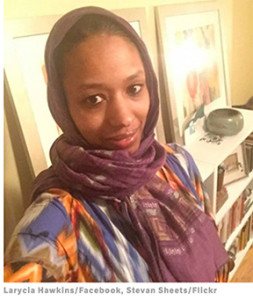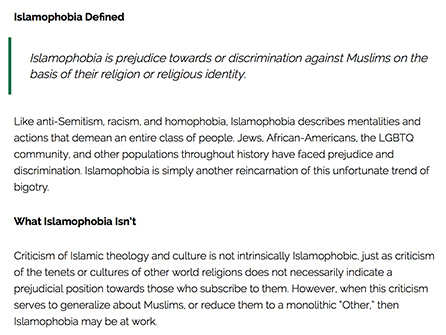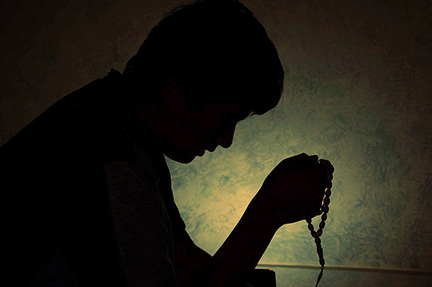
Early Medieval Muslim Graves in France: First Archaeological, Anthropological and Palaeogenomic Evidence
Yves Gleize ,
Fanny Mendisco ,
Marie-Hélène Pemonge,
Christophe Hubert,
Alexis Groppi,
Bertrand Houix,
Marie-France Deguilloux,
Jean-Yves Breuil
Published in PLOS/ONE, February 24, 2016
Abstract
The rapid Arab-Islamic conquest during the early Middle Ages led to major political and cultural changes in the Mediterranean world. Although the early medieval Muslim presence in the Iberian Peninsula is now well documented, based in the evaluation of archeological and historical sources, the Muslim expansion in the area north of the Pyrenees has only been documented so far through textual sources or rare archaeological data. Our study provides the first archaeo-anthropological testimony of the Muslim establishment in South of France through the multidisciplinary analysis of three graves excavated at Nimes. First, we argue in favor of burials that followed Islamic rites and then note the presence of a community practicing Muslim traditions in Nimes. Second, the radiometric dates obtained from all three human skeletons (between the 7th and the 9th centuries AD) echo historical sources documenting an early Muslim presence in southern Gaul (i.e., the first half of 8th century AD). Finally, palaeogenomic analyses conducted on the human remains provide arguments in favor of a North African ancestry of the three individuals, at least considering the paternal lineages. Given all of these data, we propose that the skeletons from the Nimes burials belonged to Berbers integrated into the Umayyad army during the Arab expansion in North Africa. Our discovery not only discusses the first anthropological and genetic data concerning the Muslim occupation of the Visigothic territory of Septimania but also highlights the complexity of the relationship between the two communities during this period.
For the complete article, click here.








